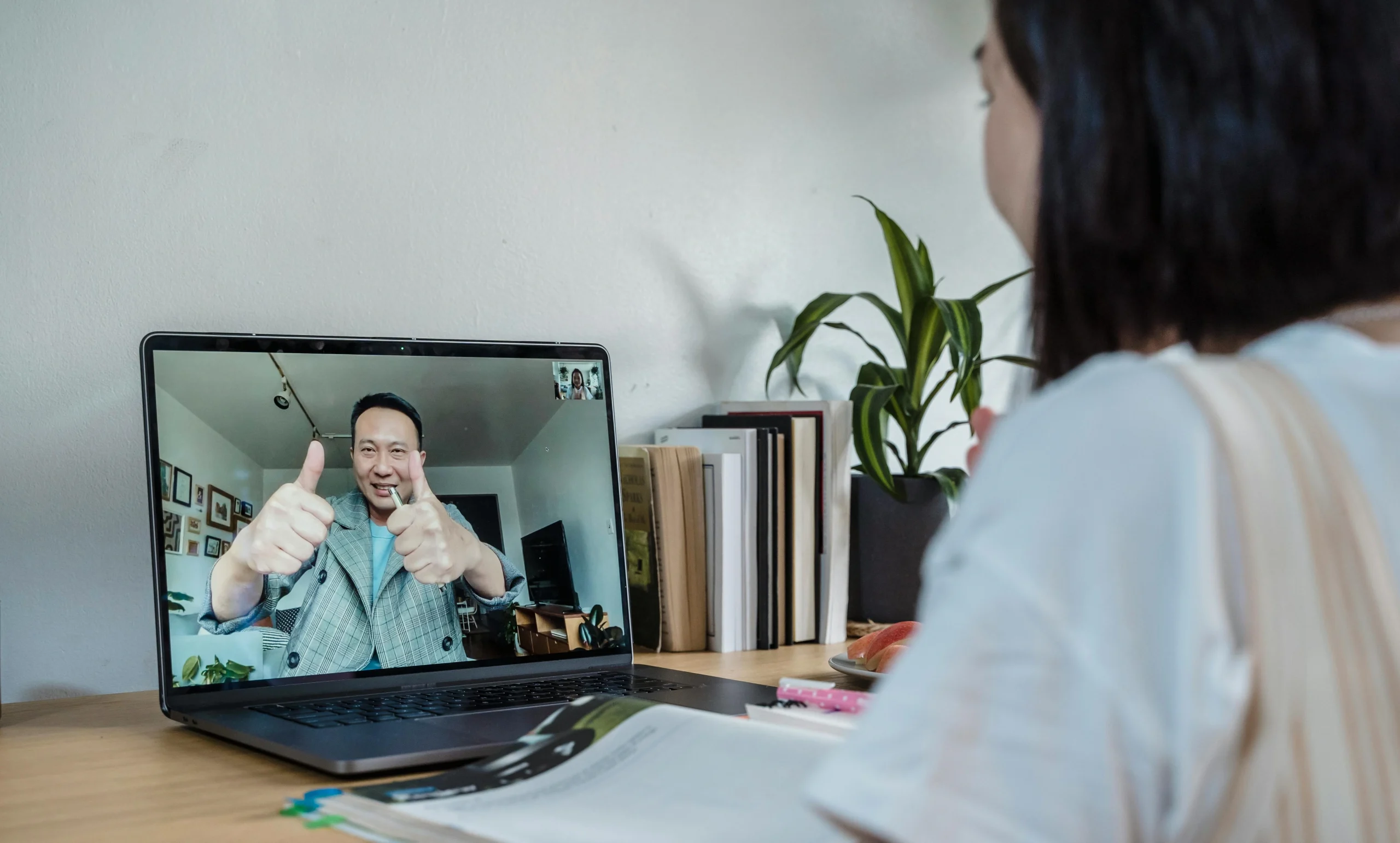Social anxiety is a common mental health condition that affects many individuals around the world. It is characterised by persistent fear and apprehension in social situations, often leading to avoidance behaviour. Being hypervigilant and not knowing how to approach someone or initiate a conversation are all ways by which social anxiety interferes with our everyday functioning.
If left unaddressed, social anxiety can significantly impact a person’s daily life, relationships, and overall well-being. However, with the right strategies and mindset, it is possible to overcome social anxiety and regain a sense of comfort and confidence in social interactions. In this article, we will explore practical tips and techniques to help you overcome social anxiety and thrive in social situations.
Understanding Social Anxiety
Social anxiety, also known as social phobia, is an intense fear of being negatively judged or evaluated by others. It goes beyond mere shyness and can cause significant distress and impairment in various areas of life.
Some common symptoms of social anxiety include:
Excessive self-consciousness
Feeling excessively aware of oneself and being overly concerned about others’ opinions and judgments. Often these deductions don’t have much logical basis and emanate from internal fear and insecurity of one’s self-image.
Fear of embarrassment
It’s crippling to meet someone and then fear that they will embarrass or ridicule you. Experiencing concerns about potential embarrassment or awkwardness in social interactions. Social anxiety makes you worry more over the repercussions of such ridicule.
Avoidance behaviour
Avoiding social situations or enduring them with extreme discomfort. This may even manifest as an aversion to confrontation and an inability to resolve conflict amicably.
Physical symptoms
Experiencing physical symptoms like rapid heartbeat, sweating, trembling, nausea, or dizziness in social situations is a common symptom of social anxiety.
Negative self-talk
Engaging in negative self-talk, and assuming others are judging or criticising oneself, are some internal dialogues that a person with social anxiety may have.
Impact of Social Anxiety
Living with social anxiety can have a profound impact on one’s life and relationships. It may lead to missed opportunities, hinder career growth, and strain personal connections. Social anxiety can contribute to feelings of isolation, low self-esteem, and depression. Recognising the need for change and taking proactive steps to overcome social anxiety is essential for personal growth and overall well-being.
Tips for Overcoming Social Anxiety
Mindset Shift
Developing a positive mindset is crucial in overcoming social anxiety. It involves challenging negative thoughts and replacing them with more realistic and empowering ones.
Here are some manoeuvres to cultivate a positive mindset:
- Focus on strengths: Identify your strengths and positive qualities. Remind yourself of your accomplishments and successes.
- Challenge negative self-talk: Pay attention to your internal dialogue and challenge negative thoughts. Replace them with more positive and realistic statements.
- Practice self-compassion: Be kind to yourself and acknowledge that everyone makes mistakes. Treat yourself with the same compassion you would show to a friend.
Preparation and Practice
Preparation and practice play a vital role in improving social interactions and reducing anxiety. By familiarising yourself with social situations and building confidence, you can gradually overcome social anxiety.
Here are a few suggestions:
- Role-playing: Enlist the help of a trusted friend or family member to practice social scenarios. Role-play common situations that make you anxious and experiment with different responses.
- Set realistic goals: Start small and set achievable goals. Begin with low-pressure social interactions, such as making small talk with a cashier or asking for directions. Gradually increase the difficulty level as you gain confidence.
- Seek feedback: Ask for feedback from people you trust after social interactions. Their input can provide valuable insights and help you improve your communication skills.
Gradual Exposure
Gradual exposure to social situations is an effective technique for overcoming social anxiety. By progressively facing feared situations, you can desensitise yourself to anxiety triggers. Follow these recommendations for gradual exposure:
Create a hierarchy: Make a list of social situations that cause anxiety, ranking them from least to most challenging. Begin with the least anxiety-provoking situation and gradually work your way up the hierarchy.
Take small steps: Start by exposing yourself to situations at the lower end of your hierarchy. As you gain confidence and comfort, gradually move on to more challenging situations.
Practice relaxation techniques: Learn and practice relaxation techniques like deep breathing exercises or progressive muscle relaxation to manage anxiety during exposure.
Seeking Support
Seeking support is essential when overcoming social anxiety. The guidance of a trained professional or the support of a community can provide valuable tools, insights, and encouragement. Consider the following support options:
Professional help: Reach out to a licensed therapist or counsellor who specialises in anxiety disorders. They can help you develop personalised strategies and provide ongoing support.
Support groups: Joining a support group allows you to connect with individuals who understand your struggles. Sharing experiences, learning from others, and receiving encouragement can be incredibly empowering.
Life coaching: Consider working with a life coach who specialises in social anxiety. They can provide guidance, motivation, and personalised strategies to help you overcome social anxiety and achieve your goals.
Coping Strategies
Incorporating some healthy coping strategies into your daily routine can help manage social anxiety. Here are a few to consider:
- Deep breathing exercises: Practice deep breathing to calm your body and mind. Inhale deeply through your nose, hold your breath for a few seconds, and exhale slowly through your mouth.
- Positive affirmations: Use positive affirmations to challenge negative thoughts and build self-confidence. Repeat affirming statements such as “I am worthy,” “I am capable,” or “I am deserving of positive interactions.”
- Coaching for confidence: Engage in coaching sessions with a certified life coach or a confidence coach in Australia to develop confidence-building strategies and overcome specific challenges related to social anxiety.
Overcoming social anxiety is a journey that requires patience, persistence, and a commitment to personal growth. By adopting a positive mindset, preparing and practising social interactions, gradually exposing yourself to anxiety-provoking situations, seeking support, and implementing coping strategies, you can develop the confidence and skills needed to feel more comfortable in social situations.
Remember, small steps forward are still steps forward. Embrace the process, celebrate your progress, and be kind to yourself along the way. With time and effort, you can overcome social anxiety and lead a more fulfilling and connected life.

























